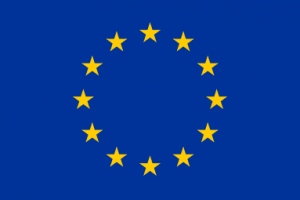Computational simulations are fundamental tools not only for scientific research but also for education. They are frequently used as virtual laboratories to foster students’ understanding of the theoretical concepts that lie at the basis of the simulated systems. Recent research works in STEM education have started to explore the potential of simulations as future-oriented objects, to support students in the development of future scenarios for real-world situations.
In a recent paper published on Frontiers, for the special issue on Future-Oriented Science Education for Agency and Sustainable Development, Eleonora Barelli, post-doc researcher at the University of Bologna, presents a teaching-learning module targeted to upper high-school students on simulations of complex systems. Following the core ideas of the FEDORA project, the peculiarity of this course is that by guiding the students through the conceptual and epistemological analysis of some computational agent-based models, the author was able to ground on these disciplinary bases the introduction of key concepts of the futures studies, like that of scenario.
This paper addresses an original future-oriented activity in which the students were required to choose an urgent problem of their interest, imagine possible and desirable scenarios based on a simulation and identify the sequence of actions to be undertaken to reach the preferable future. In presenting the results of the module’s implementation, the focus is narrowed down to two groups of students who spontaneously decided to address a problem related to the current educational system.
From the analysis of the students’ discourses, it is shown how the students suffer a great problem of anxiety about their school performance and imagine that this can be mitigated in the school in the future. They see the importance of the role of technology in school innovation but also that no innovation is possible if school knowledge is not re-thought of its times and forms. The students dream about a school as a place for relationships and that can become at the centre of the youngsters’ routine. In particular, students deeply recognize the power of their own agency and that of their teachers in the process of school transformation and hope that the tragedy of a pandemic can be transformed into an opportunity to trigger change.
However, the school that the students imagine as their desirable one is not idealized as a utopia. The participants were able to see a scenario - even the preferred one - as a complex interaction of many stakeholders and as a tension between opposite interests that the different agents have regarding a topic. The scenarios envisioned by the students are authentically sustainable.
Read more about the methods and findings of this study in the research paper “Imagining the School of the Future Through Computational Simulations: Scenarios’ Sustainability and Agency as Keywords”.
Photo by Annie Spratt on Unsplash
